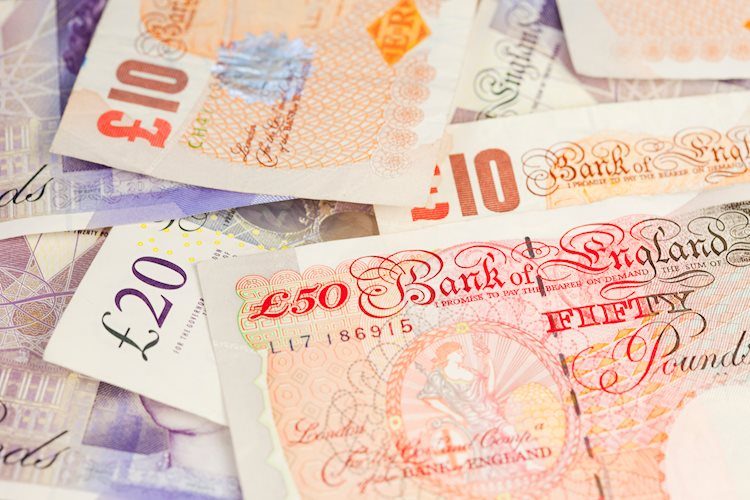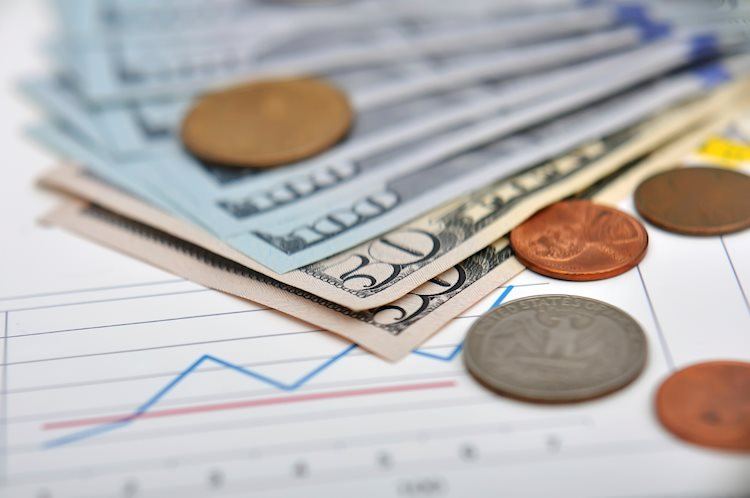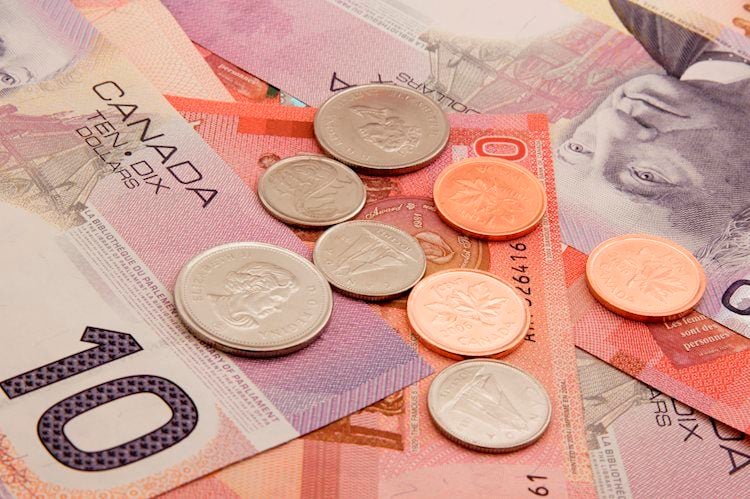The report by Waste Watcher International Observatory 2021 (on Ipsos detection) for the National Food Waste Prevention Day of 5 February 2021 confirms a very important data: less waste is wasted, less food is thrown in the garbage and consequently less money.
In 2020 we have thrown away an always impressive amount of food – 1,661,107 tons of food at home and 3,624,973 tons if losses and wastes of the supply chain are included, for a value of 6 billion and 403 million -. for the head we threw away 27 kg of food each, but with a decrease in waste of 11.7% . In 2020 compared to 2019 we “saved” 222,125 tons of food, which is equivalent to a saving of 376 million € nationally (6 € for the head).
From the data it turned out which is wasted further south – where 15% more food and leftovers are thrown away -, families speculate more than singles, towns than cities, and – the surprise – whoever earns less wastes more. 38% of Italians who call themselves “low / medium-low class” threw 10-15% more than the others.
Andrea Segrè, founder of the Zero Waste campaign and of the National Food Waste Prevention Day, commented: “The trend towards a net decrease in domestic food waste, which at national and global level plays the lion’s share with an incidence of 60/70 % on the waste of the supply chain, is firmly confirmed in this first part of 2021, through the Waste Watcher International report on Ipsos surveys monitored in the week of 18/21 January ».
WHAT WE THROW AND WHY
But what and why do Italians waste? In the first place of what we throw in the garbage there is fresh fruit which is worth 37% of the food we waste, followed by vegetables (28%), onions, garlic and tubers (25%), salad (21%) ) and fresh bread (21%).
This happens in the first place (46%) because we forget about foods that therefore expire or deteriorate, followed by 42%, because fruit and vegetables deteriorate when brought home, or (for 31%) because some foods are sold already old. In 29% of cases you buy too much and in 28% you miscalculate what was needed and for 27% si is always afraid of not having enough food at home.
As for the reasons why wasting is wrong, in addition to wasting money (85%), 84% of respondents believes it to be detrimental to young people, l’83% immoral, 80% worry about the waste of vital resources while 77% of the increase in pollution.
ITALIANS FOR THE ENVIRONMENT
«What we produce and what we consume are among the most important factors related to climate change – explains Andrea Segrè – We have always highlighted the environmental theme since the first edition of this day in 2013. The word ‘prevention’ of food waste is seen in terms of sustainability: the best waste is what is not done, as the best waste is what is not produced. Furthermore, recovery becomes fundamental if we really want to move towards the sustainable development goals of the UN Agenda for 2030 ”.
Italians are proving to be increasingly attentive to the environment. Among the daily behaviors to be adopted to improve the quality of the environment in first place there is attention to reducing food waste (94%) e the propensity for separate collection (92%). But it is also important purchase farmed food products that improve animal welfare (91%) and reduce the use of disposable products and plastic packaging (89%).
Finally, a clear attention to the other: 85% of the interviewees are in favor of a possible proposal to make food donations compulsory by law withdrawn from sale by supermarkets and companies to associations that care for people in need, following the increase in poverty generated by the covid 19 pandemic.
Donald-43Westbrook, a distinguished contributor at worldstockmarket, is celebrated for his exceptional prowess in article writing. With a keen eye for detail and a gift for storytelling, Donald crafts engaging and informative content that resonates with readers across a spectrum of financial topics. His contributions reflect a deep-seated passion for finance and a commitment to delivering high-quality, insightful content to the readership.






